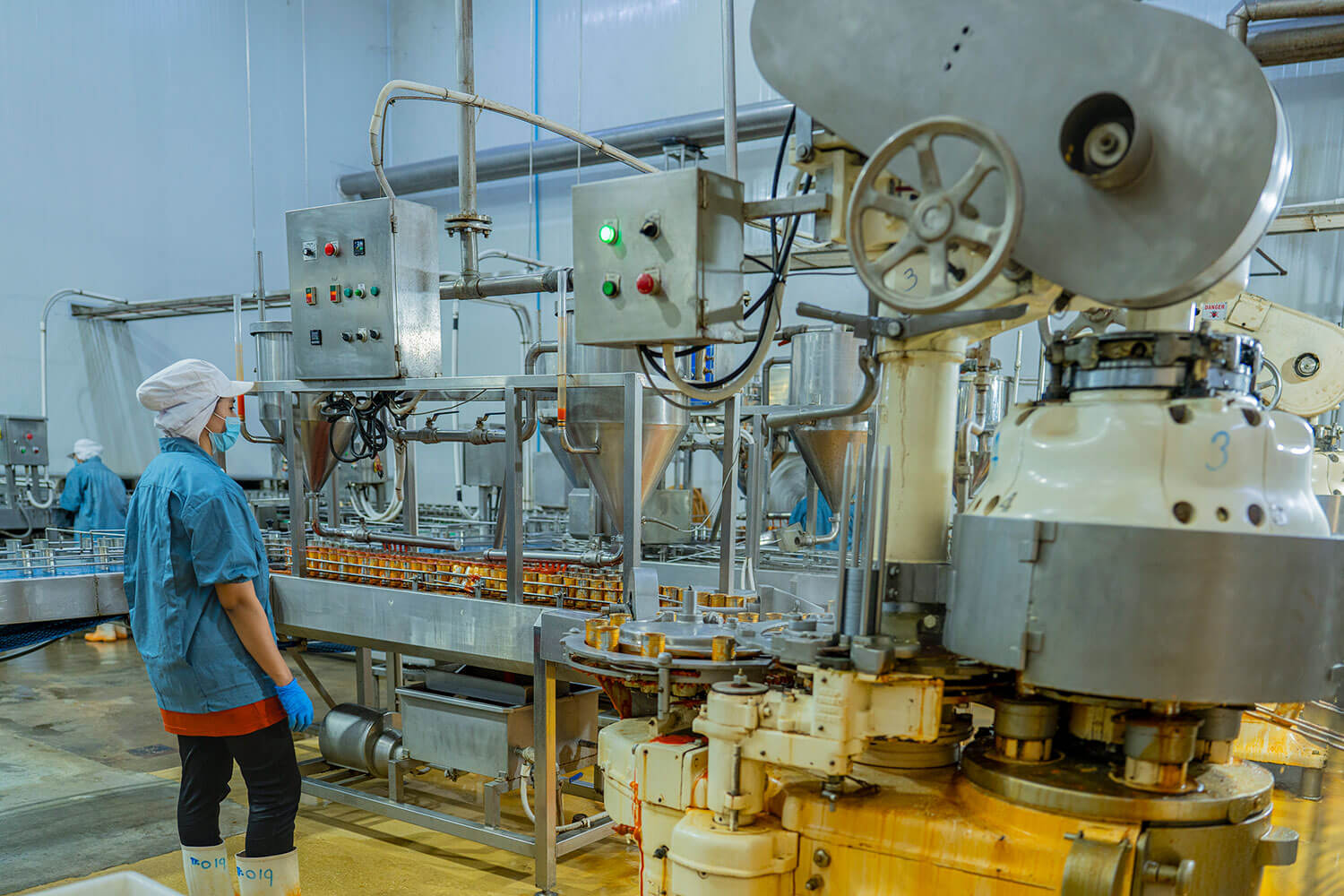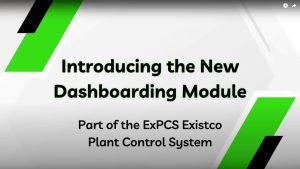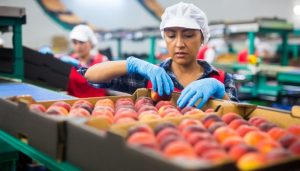Food manufacturers face a range of challenges, from quality control issues to rising costs and regulatory demands. With consumer expectations at an all-time high, businesses must find ways to optimize their operations without compromising on safety and quality. The solution? A Plant Control System (PCS).
Top Challenges in Food Production
· Maintaining Food Safety & Compliance – Strict regulations like HACCP, FSMA, and ISO 22000 require precise documentation and control to ensure food quality and safety. Cross-contamination risks are high when handling multiple ingredients, making it essential to have strict monitoring and hygiene measures in place.
· Reducing Food Waste & Improving Sustainability – Overproduction, spoilage, and inefficient use of resources contribute to significant waste in the food industry. With increasing pressure to reduce its environmental footprint, manufacturers must adopt smarter systems to optimize resource usage and minimize losses.
· Managing Production Costs – Rising energy, labor, and raw material costs make it difficult for manufacturers to maintain profitability. Inefficient manual processes
further drive up expenses, leading to unnecessary waste and higher operational costs.
· Equipment Failures & Downtime – Unexpected breakdowns result in lost production time and revenue. Without predictive maintenance, repairs can be costly and disrupt production schedules, making reliability a crucial factor in food manufacturing.
How PCS Solves These Issues
· Automated Monitoring & Alerts – Ensures compliance by tracking critical safety parameters in real time, allowing manufacturers to meet regulatory requirements with ease.
· Precision Control – Reduces ingredient waste by ensuring accurate measurements and portioning, leading to greater efficiency and consistency in food production.
· Energy Optimization – Lowers electricity and water consumption by automatically adjusting machine performance, helping manufacturers cut operational costs while improving sustainability.
· Predictive Maintenance – Detects potential equipment failures before they cause costly downtime, allowing for proactive repairs and minimizing disruptions in production.
· A Plant Control System is the key to overcoming the biggest challenges in food manufacturing. With real-time monitoring, automation, and data-driven decision-making, food producers can enhance efficiency, compliance, and sustainability—ensuring long-term success.





